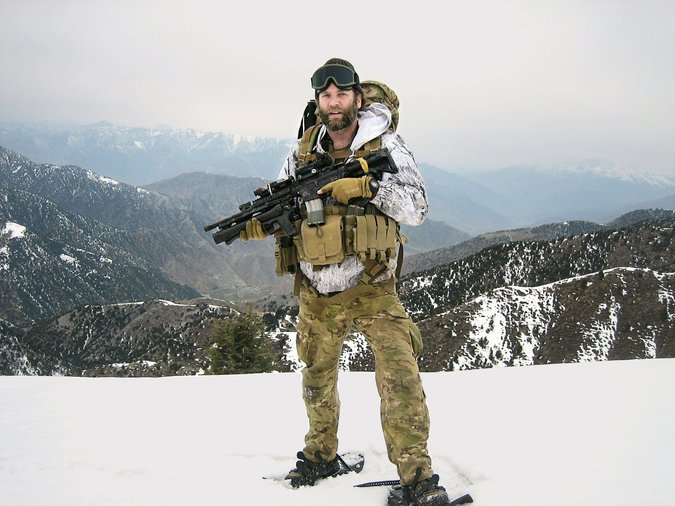- Joined
- Apr 17, 2019
- Messages
- 1,370
- Points
- 338
Old but interesting article about Jason Everman - guitarist for Nirvana and bass player for Soundgarden, fired from both before they hit it big, then joined the army and became a Ranger and Special Forces soldier.

 en.wikipedia.org
en.wikipedia.org

 www.nytimes.com
www.nytimes.com

Jason Everman - Wikipedia
I asked if he ever talked about it. Jason shook his head no. Did they find out anyway? “Always.”
The first time was at Fort Benning in 1994, in the middle of the hell of basic training. The ex-cop recruits in boot camp with him said that prisoners had more freedom than they did. There were guys who faked suicide attempts to get out of basic. But Everman never had any doubts. “I was 100 percent,” he told me. “If I wasn’t, there was no way I’d get through it.”
He had three drill sergeants, two of whom were sadists. Thank God it was the easygoing one who saw it. He was reading a magazine, when he slowly looked up and stared at Everman. Then the sergeant walked over, pointing to a page in the magazine. “Is this you?” It was a photo of the biggest band in the world, Nirvana. Kurt Cobain had just killed himself, and this was a story about his suicide. Next to Cobain was the band’s onetime second guitarist. A guy with long, strawberry blond curls. “Is this you?”
Everman exhaled. “Yes, Drill Sergeant.”
And that was only half of it. Jason Everman has the unique distinction of being the guy who was kicked out of Nirvana and Soundgarden, two rock bands that would sell roughly 100 million records combined. At 26, he wasn’t just Pete Best, the guy the Beatles left behind. He was Pete Best twice.
Then again, he wasn’t remotely. What Everman did afterward put him far outside the category of rock’n’roll footnote. He became an elite member of the U.S. Army Special Forces, one of those bearded guys riding around on horseback in Afghanistan fighting the Taliban.

The Rock ’n’ Roll Casualty Who Became a War Hero (Published 2013)
Jason Everman was kicked out of two bands that went on to incredible fame. Then his life became even more interesting.







